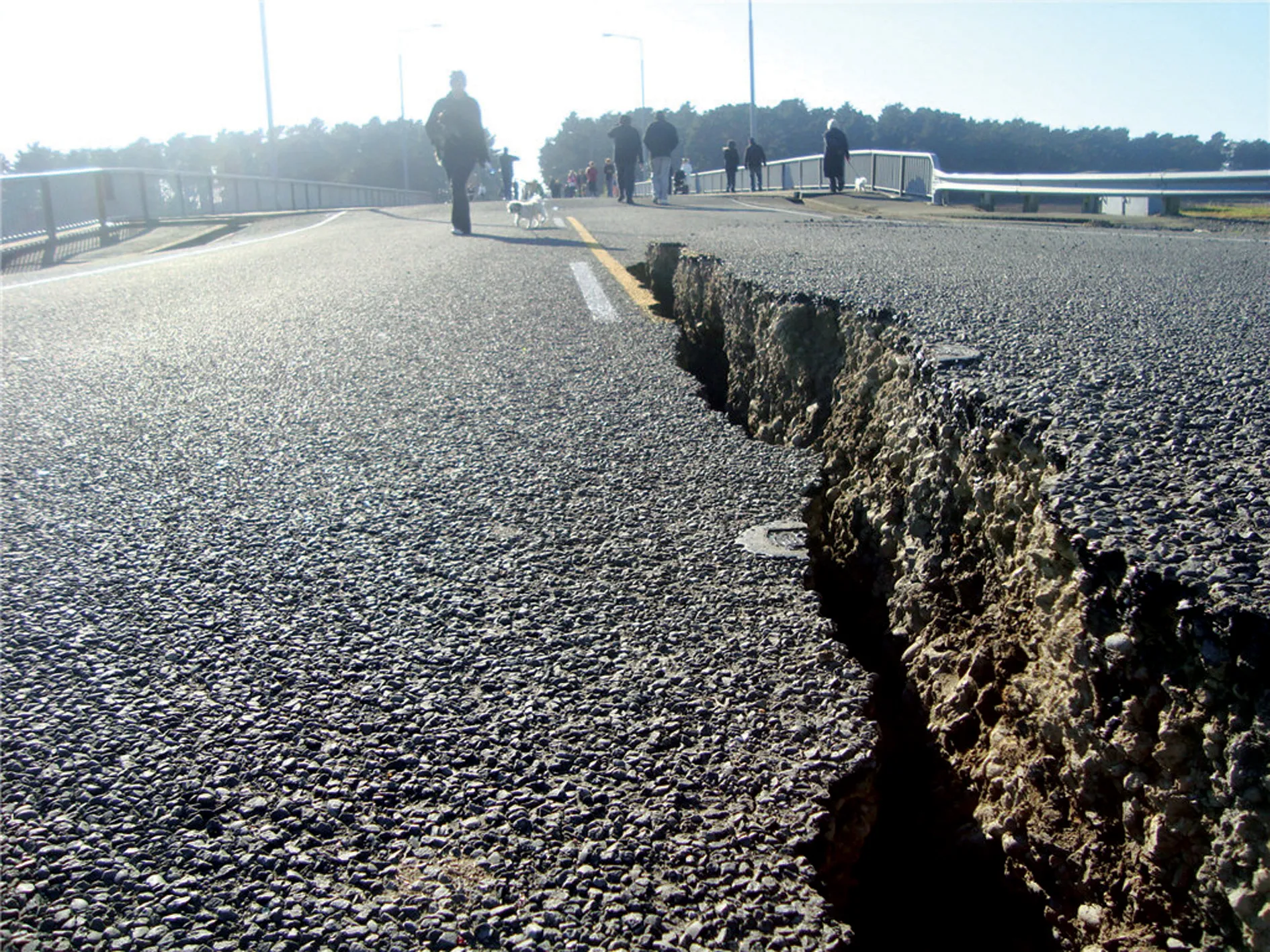With a deficit of US$58 billion in infrastructure, ranging from highways to ports and airports, Chile's priority should be urbanisation, according to Javier Hurtado, head of studies at national construction chamber CChC.
"Today, over 80% of Chileans live in cities. Urban areas are where a significant part of the economy and life happens. So if you want to make real improvements to quality of life, focus on urban areas," Hurtado said in an interview with BNamericas.
In the same interview, Hurtado cited a n
May 28, 2014
Read time: 2 mins
With a deficit of US$58 billion in infrastructure, ranging from highways to ports and airports, Chile's priority should be urbanisation, according to Javier Hurtado, head of studies at national construction chamber CChC.
"Today, over 80% of Chileans live in cities. Urban areas are where a significant part of the economy and life happens. So if you want to make real improvements to quality of life, focus on urban areas," Hurtado said in an interview with BNamericas.
In the same interview, Hurtado cited a need for roads, subways, water infrastructure, stadiums, parks, hospitals and schools.
CChC has estimated Chile needs to invest $21.8 billion to upgrade its urban transport infrastructure; $3.6 billion in hospitals, and $3.65 billion in water projects from now until 2018.
Hurtado used Chilean port city Valparaíso, recently ravaged by wildfires that destroyed 3,000 homes and killed 15 people, as an example of the country's urban infrastructure deficit.
"Before Valparaíso's fire, we published a report about the quality of housing and neighbourhoods in Chile, highlighting the hills of Valparaíso's substandard urban infrastructure. And clearly you saw that with the fire. You have no sidewalks there, no water. It lacks the basic elements of urban infrastructure. It is the picture of a Chile left behind," Hurtado said.
"Today, over 80% of Chileans live in cities. Urban areas are where a significant part of the economy and life happens. So if you want to make real improvements to quality of life, focus on urban areas," Hurtado said in an interview with BNamericas.
In the same interview, Hurtado cited a need for roads, subways, water infrastructure, stadiums, parks, hospitals and schools.
CChC has estimated Chile needs to invest $21.8 billion to upgrade its urban transport infrastructure; $3.6 billion in hospitals, and $3.65 billion in water projects from now until 2018.
Hurtado used Chilean port city Valparaíso, recently ravaged by wildfires that destroyed 3,000 homes and killed 15 people, as an example of the country's urban infrastructure deficit.
"Before Valparaíso's fire, we published a report about the quality of housing and neighbourhoods in Chile, highlighting the hills of Valparaíso's substandard urban infrastructure. And clearly you saw that with the fire. You have no sidewalks there, no water. It lacks the basic elements of urban infrastructure. It is the picture of a Chile left behind," Hurtado said.









